Lawn AlternativesA well-kept lawn offers the ideal setting for outdoor gatherings, family picnics, games, and sunbathing. However, grass lawns typically have additional fees. Regular cutting and watering are needed for grass lawns. You can substitute an area of lawn with a variety of low-maintenance and environmental friendly alternatives. Alternatives for lawns are provided below: 1. Ornamental GrassesOne of the easiest methods to minimise the size of your turf lawn is to convert a portion of the lawn into a magnificent ornamental grass display. Ornamental grasses, including fescue, blue oat, fountain, and muhly. These grasses grow tall and form fountain-like shapes. Ornamental grasses are robust, drought-tolerant, low-maintenance plants. Almost any type of soil can nourish ornamental grasses. There is no need to use chemical pesticides because these plants are naturally disease- and pest-resistant. 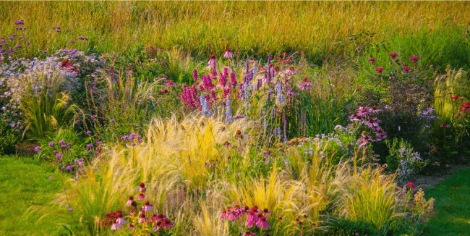
Pros:
Cons:
2. MossThis is one of the simplest low-maintenance lawn substitutes. The moss bed doesn't require any watering or trimming. Patches of velvety-soft moss will provide vibrant colour, a carpet-like texture, and a feeling of tranquillity to your landscape. 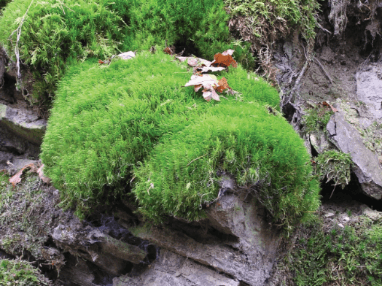
Pros:
Cons:
3. Creeping CharlieThis is the best replacement for pernickety turf grass. If you don't pick your location carefully, Creeping Charlie will spread like wildfire and create a complete disaster. Actually, this is a member of the mint family and is a fantastic choice for the dense, low-maintenance ground, which is partially shaded. 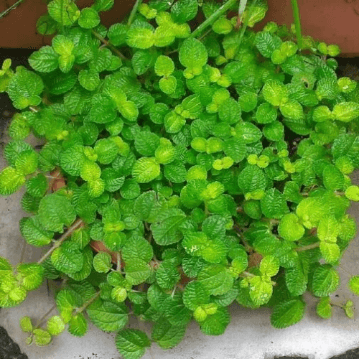
4. Sweet WoodruffThis is one of the simplest low-maintenance lawn substitutes. This is an edible herb and is believed to have a vanilla-like flavour. It releases a wonderful, fresh smell, and it is used to refresh the air. There is no need to use chemical pesticides because this plant is naturally weed-resistant. It features star-shaped leaves and lovely white blossoms. 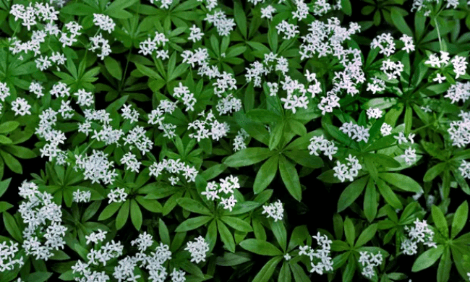
Pros:
Cons:
5. Red Creeping ThymeThe lawn area can be transformed into an amazing scene by Red Creeping Thyme. This Thyme is evergreen and becomes a dark bronze in the winter. This evergreen plant has bright, reddish-purple flowers that bloom in the first few weeks of summer. Thyme is a popular choice for low-maintenance grass substitute because of its low-maintenance requirements and lovely appearance. 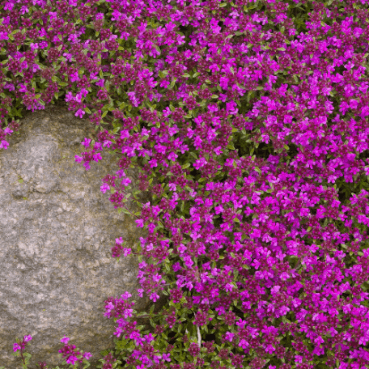
Pros:
Cons:
6. CloverA clover lawn has numerous advantages. It is a natural soil fertiliser that is affordable and has nitrogen-fixing abilities that offer the nearby grasses a steady flow of fertiliser. Clover lawns survive in poor soil, which makes them the ideal option for lawns in poor soil. Dutch white clover has white flowers. Micro-clover has smaller leaves and fewer flowers and creates a uniform look. 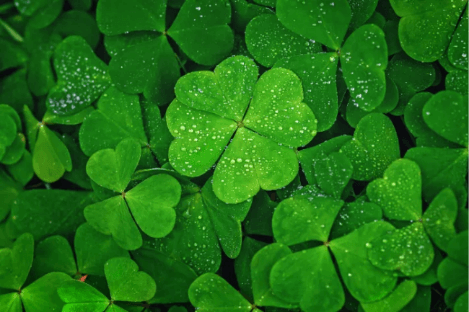
Pros:
Cons:
7. ChamomileChamomile is a low-maintenance and environmental friendly lawn, and it also has a wonderful aroma. The Chamomile plant expands rapidly and can grow in direct sunlight or partial shade. 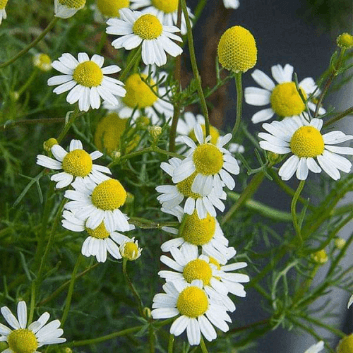
Pros:
Cons:
8. Snow-in-SummerSnow-in-Summer is also known as Cerastium. It gets its distinctive name from the stunning array of white blossoms that cover the bushes in the spring and summer. This shrub can give your lawn a snowy appearance, similar to a snowy blanket. It is well-known for its gorgeous white flowers and silvery leaves. 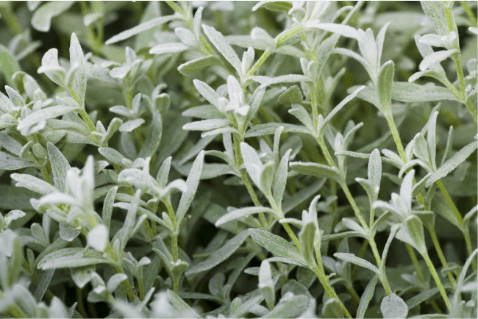
Pros:
Cons:
9. Dutch CloverDutch Clover is a plant with delicate white blossoms that grow in meadows and fields. It is extremely durable, thick, and soft and resists drought well. 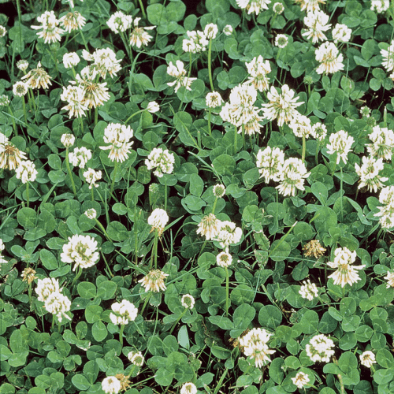
Pros:
Cons:
Next TopicMobdro Alternatives
|
 For Videos Join Our Youtube Channel: Join Now
For Videos Join Our Youtube Channel: Join Now
Feedback
- Send your Feedback to [email protected]
Help Others, Please Share










